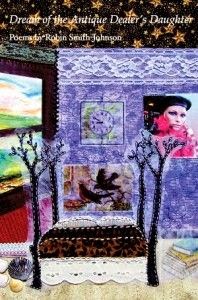Tools of the Trade
As a writer I have found several things that
help me practice my craft. Although I tend to draft prose pieces on the
computer, I almost always write my poems in longhand. There’s something freeing
about filling up the pages of a lined pad. Often I use a #2 pencil with a firm
eraser so I can easily erase or cross out words. When I feel that the poem is
finished (or nearly), then I copy the poem into a computer file.
I also like to collect scraps of
ideas on loose paper. Often I bring home words written on the back of a napkin,
an envelope or post-it note. These I throw into a shoebox or desk drawer. I
don’t have any filing system, but if I’m stuck for an idea, I’ll rummage around
in my scrap box and sometimes pull out a phrase, line or image that I can use
to start a new poem.
Although I can search the Internet
for word definitions, I find there’s nothing more satisfying than looking up a
word in a hard bound dictionary. I also occasionally use a thesaurus to help me
find alternate words. Sometimes the easy word (the one that comes immediately
to mind) is trite. It’s fun to play with less common words in a poem.
The books on my shelf also inspire
my words. One of my favorites is Ted Kooser’s The Poetry Home Repair Manual.
It’s full of practical advice for beginning poets. His chapters include writing
about feelings, working from memory and fine-tuning similes and metaphors. His
final chapter is my favorite: Relax and wait. He describes writing poetry as
“re-freshening of the world.”
Another favorite read is Michael J.
Bugeja’s Poet Guide: How to Publish and Perform Your Work. He talks
about workshopping your poems, giving poetry readings and steps to publication.
More general guides that I find useful: The Faith of a Writer by Joyce
Carol Oates and The Company of Writers by Hilma Wolitzer. These books
give thoughts on the writing life and also the craft of writing. Fiction
writers might enjoy a recent book by Noah Lukeman called The First Five
Pages or a Writer’s Guide to Staying out of the Rejection File.
But, when all is said and done, I
have to take my pencil in hand and start writing. Cue the music, pour hot
coffee (or wine if the hour is late), and begin.


I love the idea of filing away your words, story ideas, and snippets of writing in drawers and shoe boxes. :)
ReplyDelete